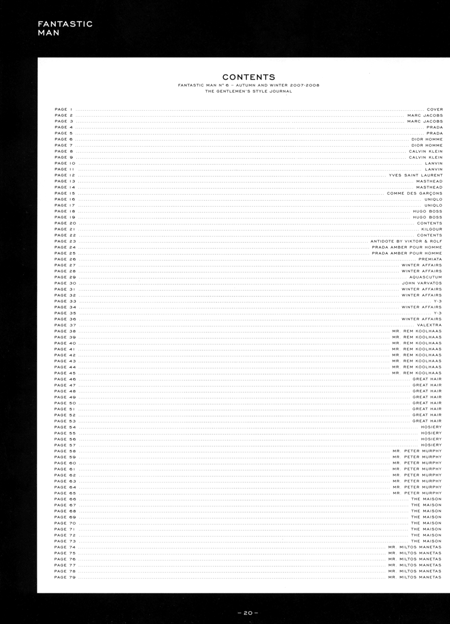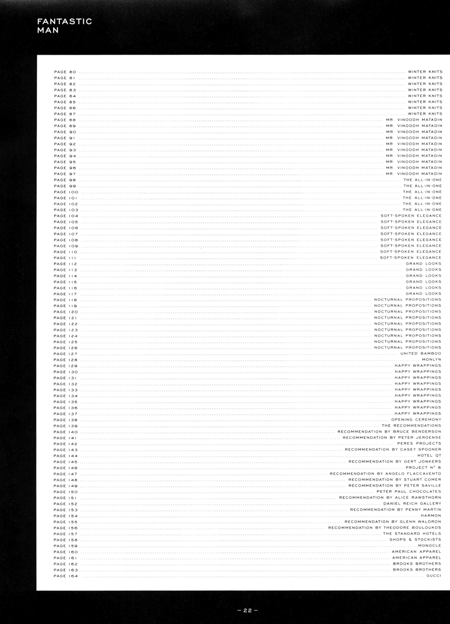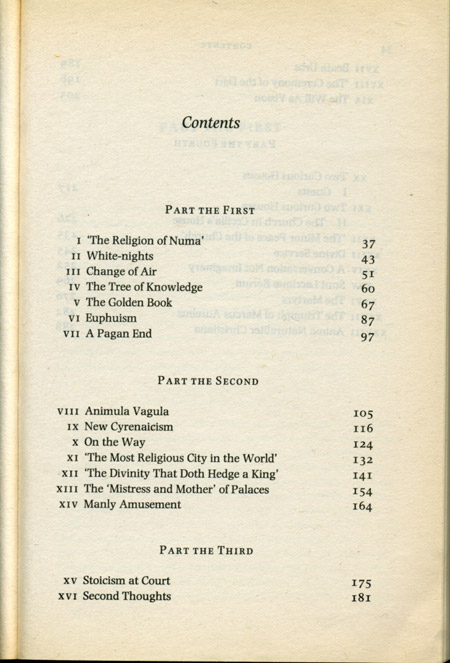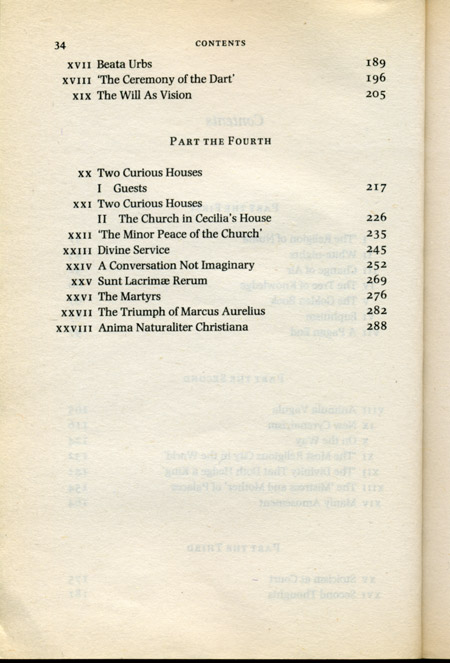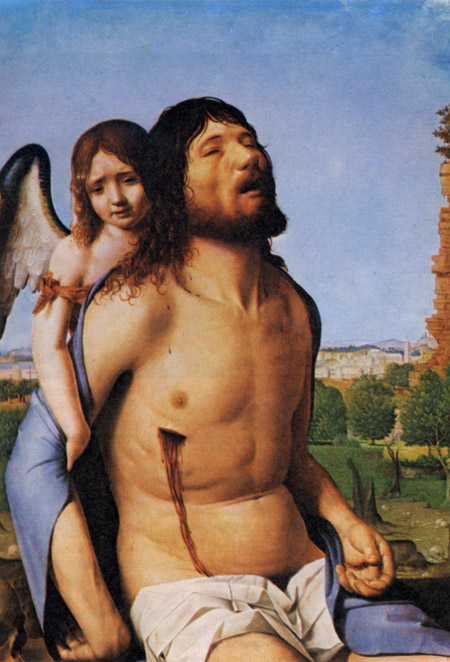“It is our need that is crying out, that and our immense wealth, the product of fear,—a torment to the spirit; we sell—but carefully—to see blessings abroad. And this wealth, all that is not pure accident—is the growth of fear.
It is this which makes us the flaming terror of the world, a Titan, stupid (as were all the giants), great, to be tricked or tripped (from terror of us) with hatred barking at us by every sea—and by those most to whom we give the most. In the midst of wealth, riches, we have the inevitable Coolidge platform: “poorstateish”—meek. THIS is his cure before the world: our goodness and industry. THIS will convince the world that we are RIGHT. It will not. Make a small mouth. It is the acme of shrewdness, of policy. It will work. We shall have more to give. Logical reasoning it is: generous to save and give. It is bred of fear. It is as impossible for a rich nation to convince any one of its generosity as for a camel to pass through the eye of a needle. Puritanical; pioneer; ‘out of the small white farm-house’—the product of delay. The characteristic of American life is that it holds off from embraces, from impacts, gaining by fear, safety and time in which to fortify its prolific carcass—while the spirit, with tongue hanging out, bites at its bars—its object just out of reach. Wilson grazed heaven by his lewdness; the door stood open till it was slammed close. I relish the back door gossip that made him impossible.”
(William Carlos Williams, “Jacataqua”, pp. 174–175 in In the American Grain.)
